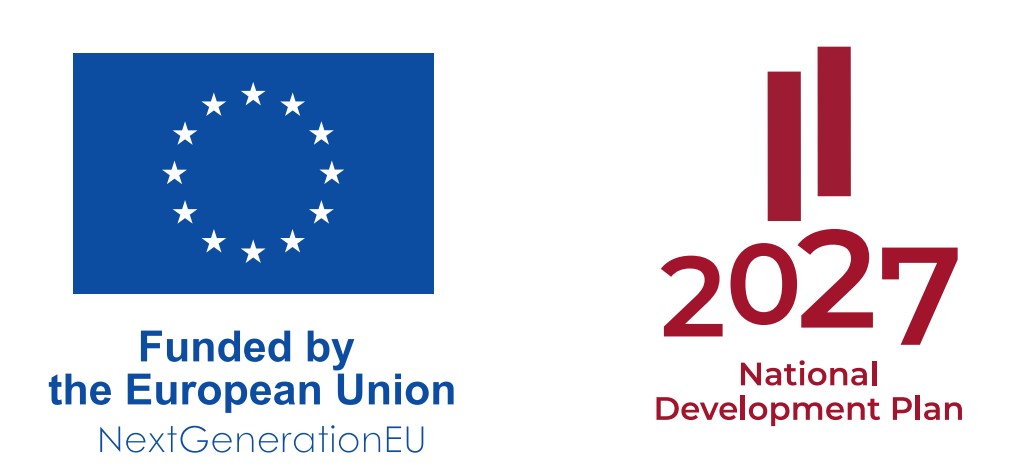

In the survey, 1,004 respondents from Vilnius were asked about their sense of security and preparedness. According to the findings, 67% identified a military attack against Lithuania as a major threat and ranked it as their top security concern — the highest percentage among the Baltic capitals. By comparison, 56% of Riga residents and 52% of Tallinn residents expressed similar fears. Despite these concerns, 92% of Vilnius residents feel safe in their immediate surroundings, 91% consider Lithuania a safe place to live, and 88% rate Vilnius itself as a safe city. Trust in broader institutions also remains high, with 79% perceiving the European Union as a safe environment.
Beyond military threats, Vilnius residents also express concern about the spread of false or misleading information (59%), cyberattacks that could disrupt digital services (55%), the use of chemical, biological, or nuclear substances (55%), and disruptions to critical supplies such as electricity or water (54%). Together, these concerns highlight a mix of traditional security challenges and modern technological risks.
Despite heightened awareness of potential threats, the survey highlights significant gaps in household preparedness for emergencies. Only 25% of households have enough drinking water for three days, while 27% report having none. Although 72% of respondents keep some food reserves, 7% lack any, and 9% do not possess a first aid kit. Similarly, 13% of households have no cash reserves, and just 30% own a battery-powered radio — a critical tool during supply disruptions. Taken together, these figures indicate that a large proportion of Vilnius residents are not adequately equipped to meet the recommended 72-hour self-sufficiency standard in the event of a crisis.
Vilnius residents show greater awareness of emergency protocols compared to their Baltic neighbors: 51% know the location of their nearest emergency shelter (compared to 28% in Tallinn and 14% in Riga), and 68% understand what actions to take when public sirens sound (60% in Tallinn and 46% in Riga). Yet despite this relatively high awareness, only 18% of Vilnius residents have agreed on a family meeting place in case of emergency — a critical step in ensuring personal preparedness.
When asked what prevents them from preparing adequately, only 25% said they “don’t feel the need” — the lowest rate among Baltic capitals. In contrast, 58% admitted that it is “psychologically difficult to think about,” the highest rate in the region. This emotional resistance may be one of the most significant obstacles to improving individual and community resilience, as it prevents proactive planning even among those who recognize the risks.
These findings raise important questions about the disconnect between perceived safety and actual preparedness in Vilnius — a concern emphasized by the lead researcher.
Dr. Ieva Birka, lead researcher at the Advanced Social and Political Research Institute of the UL FESS, highlights: “These findings reveal a striking contradiction: Vilnius residents feel safe in their everyday environment, yet they are deeply concerned about the threat of war. What’s most concerning is that this awareness isn’t translating into preparedness. The psychological barrier to thinking about crisis scenarios is real, and it’s preventing people from taking even basic steps to protect themselves and their families.”
Survey results available here.
The survey was carried out by “Norstat” in May 2025, interviewing 1,004 residents of Vilnius aged between 18 and 74 as part of the University of Latvia’s project “Urban Preparedness for Emerging Risks in the Baltic Sea Region”. The survey is part of a broader research project led by Dr. sc. pol. Ieva Birka and Dr. sc. pol. Didzis Kļaviņš, covering six cities in the Baltic Sea region. The implementation of the “Urban Preparedness for Emerging Risks in the Baltic Sea Region” project is made possible with the financial support of the Recovery and Resilience Facility.
Project title: Urban Preparedness for Emerging Risks in the Baltic Sea Region
Project Contract Number: No. 5.2.1.1.i.0/2/24/I/CFLA/007
Project Grant Agreement Number: LU-BA-PA-2024/1-0051

 CONFERENCE
CONFERENCE